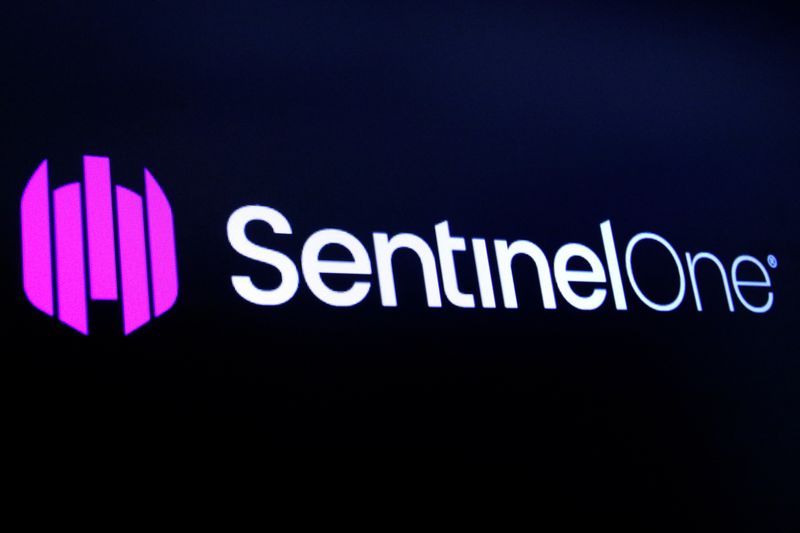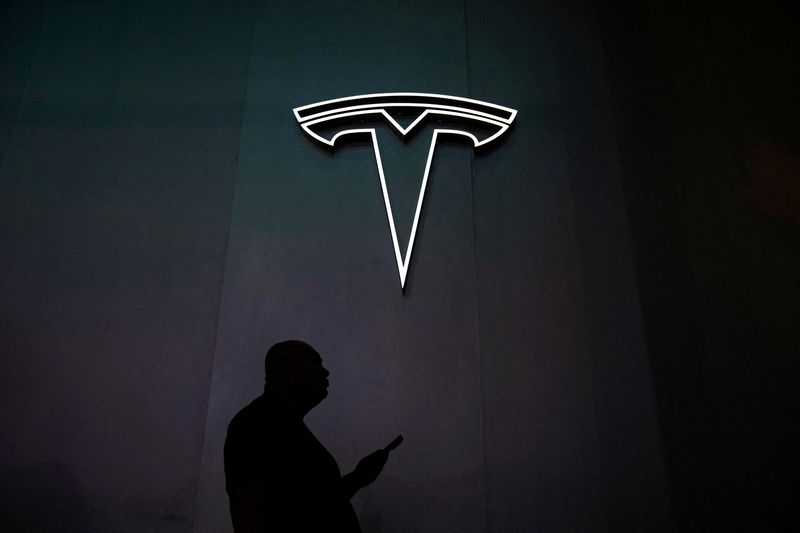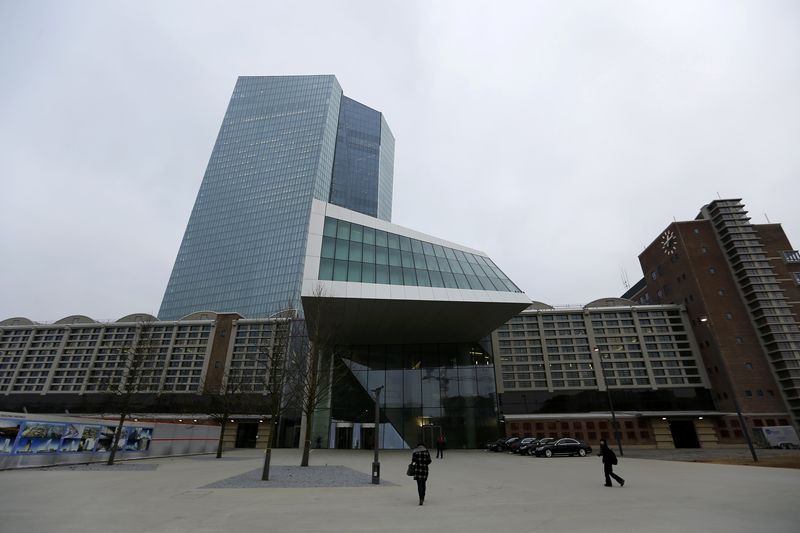By Nick Carey
PARIS (Reuters) -Chinese and European automakers went head-to-head at the Paris car show on Monday, with tensions running high as the EU gears up to impose hefty import tariffs on Chinese-made electric vehicles and the industry struggles with weak demand.
This year’s event – the largest car show in Europe – comes at a pivotal time. Struggling European automakers need to prove they are still in the game, while Chinese rivals are aiming to get a foothold in a competitive market.
There was some common ground, though, with executives from both regions warning about the dangers of EU tariffs.
“Who pays the bill? Consumers. So this makes people very concerned. It will stop poorer people from buying,” Stella Li, executive vice president of Chinese EV giant BYD (SZ:), told Reuters.
Stellantis (NYSE:) CEO Carlos Tavares, meanwhile, warned the tariffs would lead Chinese automakers to set up plants in Europe, adding to overcapacity in the region and leading some local manufacturers to close factories.
Nine Chinese brands including BYD and Leapmotor (HK:) are unveiling their latest models at this year’s event, according to Paris auto show CEO Serge Gachot. That is the same as in 2022 when they made up almost half the brands present.
This year, they account for only about a fifth of the brands thanks to a much stronger showing from Europe’s auto industry – a sign of its determination to defend its home turf.
Earlier this month, EU member states narrowly backed import duties on Chinese-made EVs of up to 45%, meant to counter what the Brussels says are unfair subsidies from Beijing to Chinese manufacturers. Beijing denies unfair competition and has threatened counter-measures.
While Chinese automakers have criticised the EU’s move, they are pressing ahead with European expansion plans and so far none has said it will raise prices to cover the duties.
China’s GAC told Reuters on Sunday that the show marked the launch of its European ambitions, while compatriot Leapmotor said on Monday it aimed to have 500 points of sale in Europe by the end of 2025.
Chinese EV makers like BYD have so far priced their vehicles slightly below European rivals, giving them an advantage. That will also help offset lower margins at home. Like Japanese and South Korean automakers before them, they are also touting better equipment and offering more features as standard.
Yet even BYD, which already sells EVs across much of Europe and sponsored the European soccer championships this summer, still has relatively low brand recognition, so hopes to make a splash with the electric Sea Lion 07 SUV it is launching.
Newer Chinese entrants like Dongfeng, Seres and FAW are also showing off new models as they seek overseas EV sales to offset a weak home market and a vicious price war there.
The pressure is on to try to keep prices down in Europe too, as EV makers try to close the gap with cheaper gasoline cars.
“My personal view is we will achieve price parity in Europe in 2-3 years. Everybody, if you want to compete, you need to work hard towards that goal,” said Leapmotor International CEO Tianshu Xin.
China’s passenger vehicle sales rose 4.3% in September from a year ago, snapping five months of decline with a boost from a government subsidy to encourage trade-ins as part of a broader stimulus package. Europe’s sales hit a three-year low in August.
In another blow for the EV market, the French government said on Thursday it would reduce its support for EV buyers, joining Germany which ended its subsidy scheme late last year.
‘ALARM BELLS’
Chinese automakers also need to do well in Europe because they have been shut out of the U.S. market.
Europe’s automakers, meanwhile, have hit a rough patch, with Volkswagen (ETR:), Mercedes-Benz (OTC:) and BMW (ETR:) all issuing profit warnings largely because of the weak Chinese market. Stellantis slashed its earnings forecast because of inventory problems at its U.S. business.
Stellantis’ Tavares on Monday declined to rule out job cuts or offloading brands.
“We will need to make big efforts”, he said, adding it was up to customers to decide which brands had a future.
Volkswagen is also locked in a battle with powerful unions over cost cuts that could see it close German factories for the first time and cut thousands of jobs.
The Europeans are struggling to compete with Chinese rivals’ lower costs and their ability to develop new EVs in just two years, at least twice as fast as traditional Western automakers.
“The Europeans have massive alarm bells ringing,” Stax’s Dunne said. “They have recognised they need to do something pretty radical and they only have a couple of years to do it.”
Read the full article here














